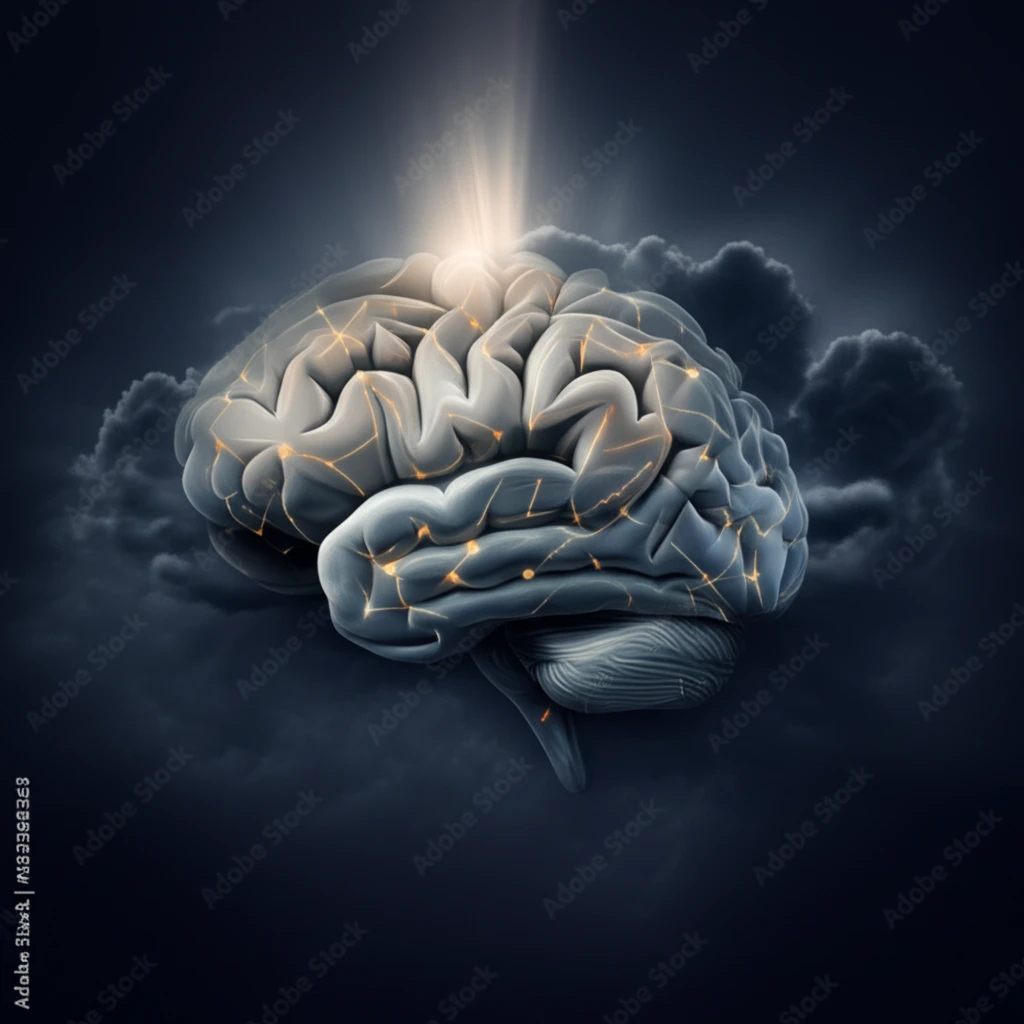
Neuroleptic Malignant Syndrome: What You Need to Know About This Rare Drug Reaction
"Understanding the risks, symptoms, and diagnostic challenges of Neuroleptic Malignant Syndrome (NMS) to improve patient outcomes and treatment possibilities."
Neuroleptic Malignant Syndrome (NMS) is a rare, but very serious, adverse reaction to drugs that affect dopamine levels in the brain. While uncommon, its severity demands immediate recognition and treatment. Primarily linked to anti-dopaminergic medications, NMS can manifest with a range of concerning symptoms, with the main symptoms being fever and rigor (stiffness).
Beyond fever and muscle rigidity, NMS can also present with elevated creatine kinase levels (indicating muscle damage), changes in mental state, and various neurological symptoms. Because of the potential severity, it's essential for healthcare professionals and those taking these medications to be aware of the signs and risk factors.
This article breaks down the findings of a study on NMS cases reported to the 'Arzneimittelsicherheit in der Psychiatrie' (AMSP) program from 1993 to 2015. We'll explore the incidence of NMS, identify potential risk factors, and discuss how changing medication practices might impact the occurrence and diagnosis of this syndrome. The goal is to provide clear, accessible information that can help improve understanding and, ultimately, lead to better patient care.
Decoding NMS: Symptoms, Diagnosis, and Risk Factors

The hallmark symptoms of NMS include fever and severe muscle stiffness (rigor). However, recognizing the full spectrum of potential signs is crucial for early diagnosis. These may include:
- Changes in mental status: Confusion, agitation, or decreased level of consciousness
- Neurological symptoms: Tremors, rigidity, or other movement problems
- Autonomic dysfunction: Unstable blood pressure, rapid heart rate, sweating
- Elevated creatine kinase (CK): A blood test indicating muscle damage
Staying Informed and Improving Outcomes
NMS remains a rare but serious concern for individuals taking certain medications. Being aware of the symptoms, understanding the risk factors, and recognizing that NMS can present in different ways are all crucial for early detection and effective management.
As treatment approaches and medications evolve, it's important to continue research and refine diagnostic criteria to ensure accurate identification of NMS. The AMSP database and similar surveillance programs play a vital role in monitoring drug safety and improving patient outcomes.
If you are taking medications that could potentially cause NMS, discuss any concerns with your healthcare provider. Early communication and awareness are key to minimizing the risks associated with this syndrome.
